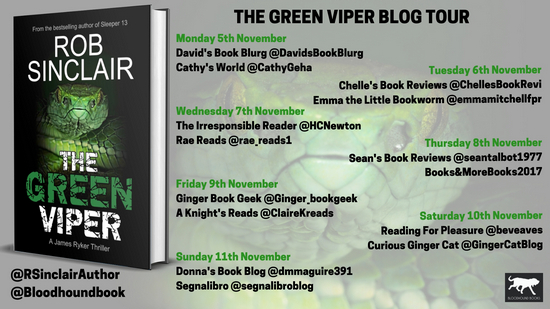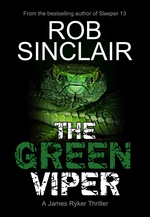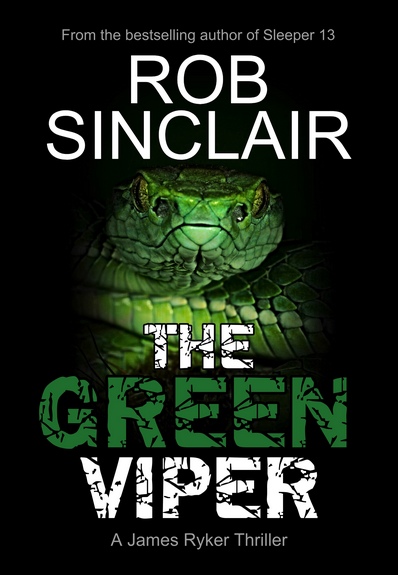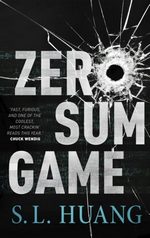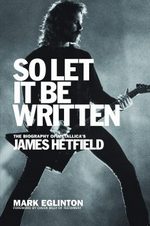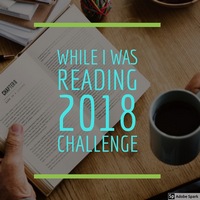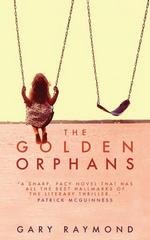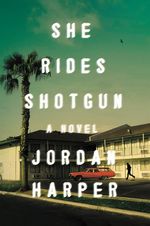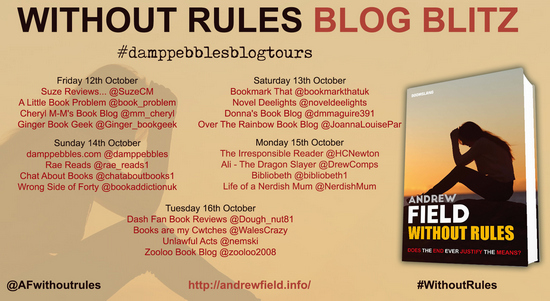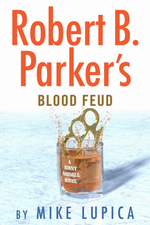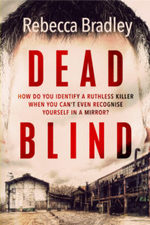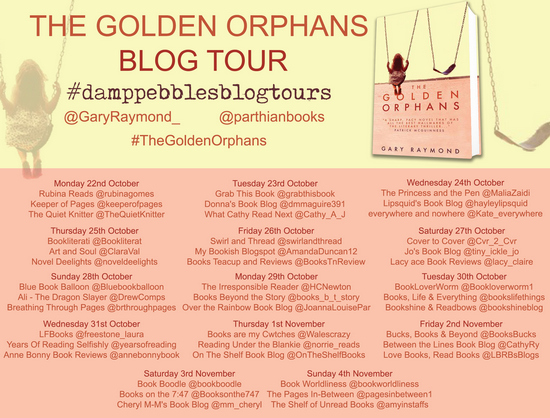
by Gary Raymond
Kindle Edition, 280 pg.
Parthian Books, 2018
Read: October 23 – 28, 2018

I thought for a moment. “I think I am about to do something stupid.”
“In Cyprus you only need ask yourself one question,” Tara said, deadly serious. “Is it out of desperation?”
I keep running into artists in the novels I read — like in Tom Rachman’s The Italian Teacher, Russo’s Bridge of Sighs, or even Hawley’s Before the Fall — there are other examples, I’m sure — but they’re not coming to me right now. I’ve never understood the appeal, really, but I hold out hope that one day I’ll get it. And I shouldn’t be running out of opportunity anytime soon — it’s a vocation that draws authors like flies to honey.
Gary Raymond’s artist protagonist is a little different than the typical depiction. He’s a successful artist — to some extent, anyway — but not a genius (misunderstood or not), he’s not a superstar. In fact, his best days are probably behind him, and he knows it. But he’s still plugging away at it, while pursuing an otherwise self-destructive lifestyle. He’s invited to a funeral in Cyprus at just the right time — his finances are in shambles and his relationship is in a similar state, the largest question being which will fall apart first.
Not only is he invited, but his trip is paid for — so he can go. Francis Benthem is the deceased, and at one point in time he was a teacher, a mentor for the narrator (I should say that Raymond didn’t name him, I’m not being negligent) — he was like a father to him, really. So he goes to the funeral, and for most of it, is the only one present besides the priest. Eventually, Mr. Prostakov (Benthem’s employer, who paid for everything) and a few other people show up and leave quickly. Their appearance both confuses and intrigues the narrator.
Actually, that describes just about everything about Cyprus — it confuses and intrigues him. So he spends time getting to know the island, the people on it and, when given the opportunity, Mr. Prostakov. Illie Prostakov is an enigma wrapped in a riddle, wrapped in a hint of a stereotypical wealthy Russian with a murky past and revenue stream. He presents the narrator with a business proposition — take up residence in his home and replace Benthem. He’s a little vague as to the artistic duties required, so I will be, too. But the money’s good enough to take care of problems back home, so the narrator takes the job — not realizing the trouble and mystery that he’s put himself in the way of.
Unlike Bentham, the narrator won’t just take things at face value — he asks questions, and when he doesn’t get answers, he tries to find them (he might not be great at it, but he tries). Who is Prostakov? What’s he doing? Who are the people he surrounds himself with? Asking these questions isn’t the safest thing he could do — getting answers is probably worse.
The island of Cyprus isn’t just the setting of the novel, it’s practically a character. While the narrator is trying to understand his employer and his employer’s aims, most people are more concerned with getting him to understand Cyprus. Everyone’s description (I don’t have a hard count, but I’d guess at least a dozen are given) is different, but combined you begin to get an idea what life on the island is like. In the end, I think we get a fuller understanding of Cyprus than we do anything that the narrator is looking into.
Which is not to say that he doesn’t get any answers. He does, as does the reader. Raymond doesn’t leave you frustrated like that.
There’s a feel to this book that makes you think it’ll be one thing, but it’s not. The characters seem to be certain types, and most are — but they don’t act the way you think they will. The conclusion seems surely to be headed in one direction, but it ends up giving you a different ending. Everywhere you look, Raymond doesn’t do what you expect — which is both refreshing and annoying (you’d like to be right occasionally).
I’m not that convinced this is really a thriller — but it’s being marketed as one. As a thriller, I think it’s missing a sense of urgency, of real danger. But I think things moved too quickly, and without the depth called for in a literary book. A little more time after the narrator took the job and trying to accomplish it before the plot moves forward, more time spent on the painting (and talking about the process) would’ve helped. A greater sense of hazard, of peril from Viktor or Illie would’ve helped a lot on the thriller front. In the end, the book wasn’t quite sure it knew what it wanted to be — and a mix of the two genres would’ve worked, but it needed to be a bit more of one of them (or both) to really be effective. It was just always lukewarm.
That said — it never, not for a minute, failed to hold my interest. I may not have been very invested in the outcome or characters, but I was glued to it. Frankly, I think the narrator was the same way — he wasn’t invested in his relationship back in London, his career (really), or anything that was happening around him on Cyprus — but he couldn’t stop himself from sticking a toe in here and there, from involving himself just a little bit in everything. As he was confused — so was I. As he was intrigued — so was I. Raymond did a very effective job in getting the reader (or at least this reader) to see things from his protagonist’s eyes.
Raymond’s given us something unique here. I’ve talked before about books that I can respect and admire more than enjoy. This is one of those — the writing and approach of this novel exceeds any affection or excitement I might have for it. It’s not the kind of thriller you can finish and move on from easily — I’m going to be thinking about this for a while. The characters will linger in my imagination, but the reality he depicts will stay around longer. This isn’t a novel that lends itself to a rating any more than it lends itself to a genre-classification, so take it with a grain of salt.
—–

My thanks to damppebbles blog tours for the invitation to participate in this tour and the materials they provided, including a copy of this book — which didn’t influence the above post, beyond giving me something to post about.

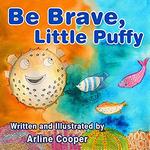 Be Brave, Little Puffy: Promoting Positive Body-Image and Self-Esteem
Be Brave, Little Puffy: Promoting Positive Body-Image and Self-Esteem



